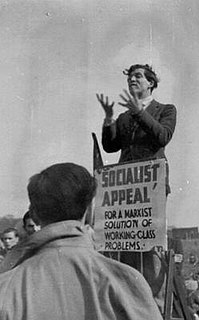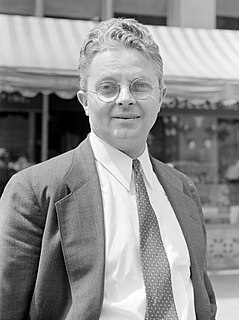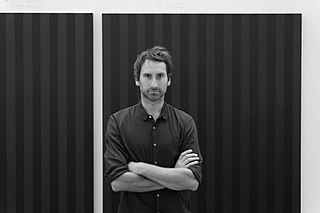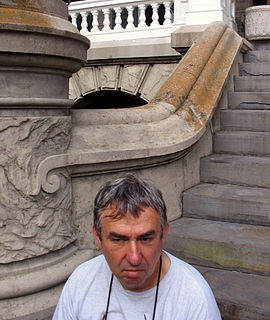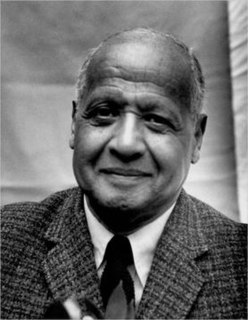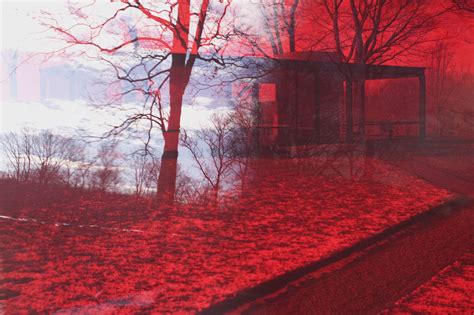A Quote by Eliot Porter
I do not photograph for ulterior purposes. I photograph for the thing itself - for the photograph - without consideration of how it may be used.
Quote Topics
Related Quotes
How foolish of me to believe that it would be that easy. I had confused the appearance of trees and automobiles, and people with a reality itself, and believed that a photograph of these appearances to be a photograph of it. It is a melancholy truth that I will never be able to photograph it and can only fail. I am a reflection photographing other reflections within a reflection. To photograph reality is to photograph nothing.
As far as the surface is concerned - oil on canvas, conventionally applied - my pictures have little to do with the original photograph. They are totally painting (whatever that may mean). On the other hand, they are so like the photograph that the thing that distinguished the photograph from all other pictures remains intact.
A photograph never grows old. You and I change, people change all through the months and years but a photograph always remains the same. How nice to look at a photograph of mother or father taken many years ago. You see them as you remember them. But as people live on, they change completely. That is why I think a photograph can be kind.
Photographers usually want to photograph facts and things. But I'm interested in the nature of the thing itself. A photograph of someone sleeping tells me nothing about their dream state; a photograph of a corpse tells me nothing about the nature of death. My work is about my life as an event, and I find myself to be very temporal, transient.
One of the magical things about photography is the transformation that takes place when you photograph something. Something that inherently has very little going for it in terms of the interest you take in it, can become infinitely more interesting when rendered as a photograph. It's no longer a building. It's a photograph.
A photograph records both the thing in front of the camera and the conditions of its making... A photograph is also a document of the state of mind of the photographer. And if you were to extend the idea of the set-up photograph beyond just physically setting up the picture, I would argue that the photographer wills the picture into being.





